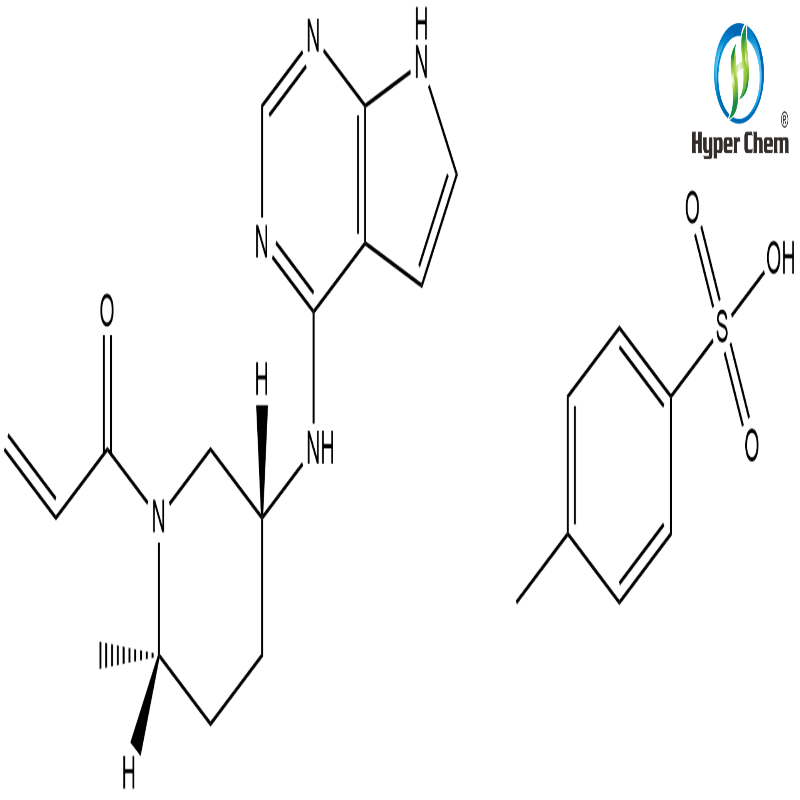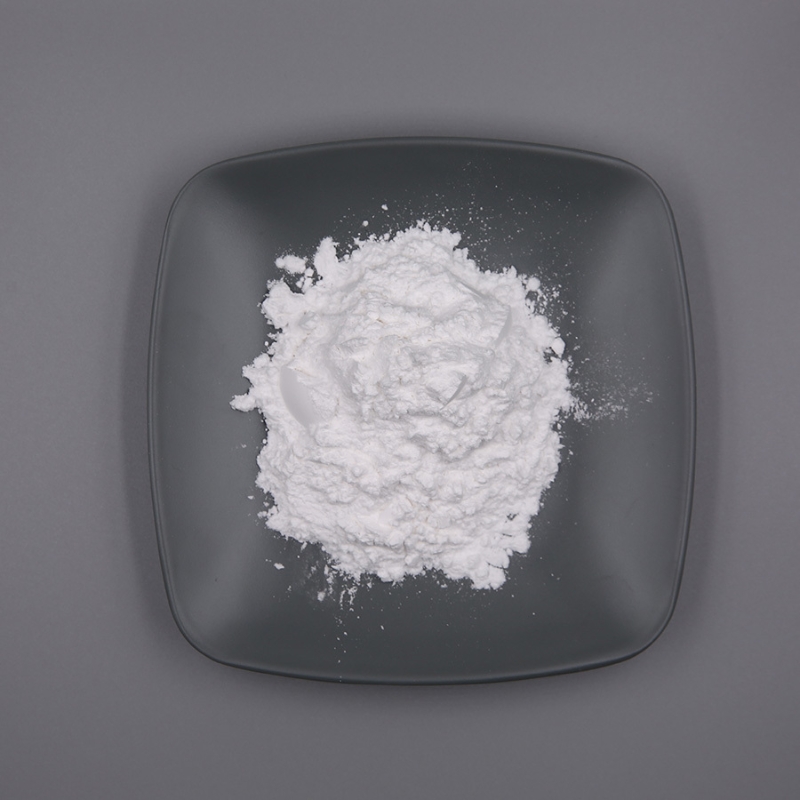Immunity . . . Dong Chen's team revealed that fever affects Th17 cell differentiation and autoimmune diseases.
-
Last Update: 2020-07-22
-
Source: Internet
-
Author: User
Search more information of high quality chemicals, good prices and reliable suppliers, visit
www.echemi.com
Fever is a normal physiological response to infection and injury developed by homeostatic animals.interestingly, many variable temperature animals will also show fever like behavior during infection or injury, such as fish, reptiles and arthropods, and will actively seek warm waters or areas.it is generally believed that an appropriate degree of fever can improve the ability of organism to resist pathogens and improve the survival rate.studies have found that fever is usually associated with innate immune response, which is mainly induced by interleukin (IL) - 6.in the immune system, one of the main functions of fever is to enhance the function of all kinds of innate immune cells, especially their migration ability.there are also some studies that show that fever can also directly or indirectly enhance the migration ability of T cells and the killing effect of CD8 + T cells.in addition, little is known about the function and mechanism of fever or temperature rise in the adaptive immune system.on February 11, 2020, Dong Chen team, Institute of immunology, Tsinghua University, published a report entitled "textile temperature critically controls the differentiation and pathology of T helper 17" It was found that fever could enhance the differentiation of Th17 cells and the expression of IL-17 by promoting the sumoylation and nuclear entry of Smad4, enhance the inflammatory ability and aggravate the symptoms of autoimmune diseases related to Th17 cells in mice.this finding is the first to reveal a correlation between fever and autoimmune diseases.fever / temperature regulates Th17 cell differentiation and related autoimmune disease pattern map. In this paper, the research team first tested the relationship between the differentiation and development of different T cell subsets and temperature, and found that 1-3 ° C increase on the basis of normal body temperature can significantly enhance the in vitro differentiation of Th17 cells, but does not affect the differentiation of Th1, Th2 and itreg cells.in the immune model of mice (OVA / CFA or MOG / CFA), the researchers found that the body temperature of mice increased significantly.on this basis, different kinds of antipyretic drugs can significantly reduce the differentiation of Th17 cells in vivo.rnaseq data showed that Th17 cells induced at fever temperature in vitro were significantly different from Th17 cells produced in immune homeostasis intestine. Their transcriptional profiles were highly similar to those of highly pathogenic Th17 cells produced in EAE models of autoimmune diseases in vitro or in vivo The production of Th17 cells can lead to more neutrophil enrichment and infiltration in the lung, showing a stronger inflammatory capacity.in the mechanism study, researchers first found that a variety of heat shock response pathway proteins and transcription factors can be induced by fever temperature. Blocking heat shock proteins HSP70 or Hsp90 with small molecular inhibitors or shRNA can effectively block the differentiation of temperature sensitive Th17 cells.the researchers then found that fever temperature significantly enhanced sumoylation modification of intracellular proteins in Th17 cells at the overall level, while knockout only encodes sumoylation The Ubc9 gene of E2 enzyme can not only completely block the differentiation of temperature sensitive Th17 cells, but also lead to some defects in the differentiation of Th17 cells under normal temperature, which indicates that sumoylation pathway plays a dual regulatory role in the differentiation of Th17 cells.in 2008, Dong Chen reported that Smad4 did not regulate the differentiation of Th17 cells under normal temperature, which was confirmed by many subsequent reports.interestingly, when investigating the downstream factors of TGF - β, the researchers found that the expression of most temperature sensitive genes in Th17 cells was controlled by Smad4, including il17, il17f, Il1r and IL23R genes indicated that Smad4 was a specific master transcription factor in the differentiation of temperature sensitive Th17 cells.further studies found that fever temperature can promote Smad4 protein into nucleus, and this process is mainly regulated by sumoylation modification at k113 / k159 of Smad4.knockout of Smad4 or mutation of Smad4 k113 / k159 leads to complete loss of sensitivity to temperature in both in vivo and in vitro Th17 cell differentiation, and on the other hand, it also results in the insensitivity of mice to EAE model induction.so far, the researchers have confirmed the core role of fever → heat shock response pathway → Smad4 sumoylation axis on the differentiation and pathogenicity of temperature sensitive Th17 cells.associate researcher Wang Xiaohu of Dong Chen's team first carried out research on fever related topics, and found that fever temperature can significantly enhance the differentiation of Th17 cells.the team's Dr. Ni Lu then studied the mechanism and found that Smad4 plays a key role in the differentiation of temperature sensitive Th17 cells.they are the co first authors of the article. Professor Dong Chen is the corresponding author of this paper, and associate researcher Wang Xiaohu is also the co author.original link:
This article is an English version of an article which is originally in the Chinese language on echemi.com and is provided for information purposes only.
This website makes no representation or warranty of any kind, either expressed or implied, as to the accuracy, completeness ownership or reliability of
the article or any translations thereof. If you have any concerns or complaints relating to the article, please send an email, providing a detailed
description of the concern or complaint, to
service@echemi.com. A staff member will contact you within 5 working days. Once verified, infringing content
will be removed immediately.







